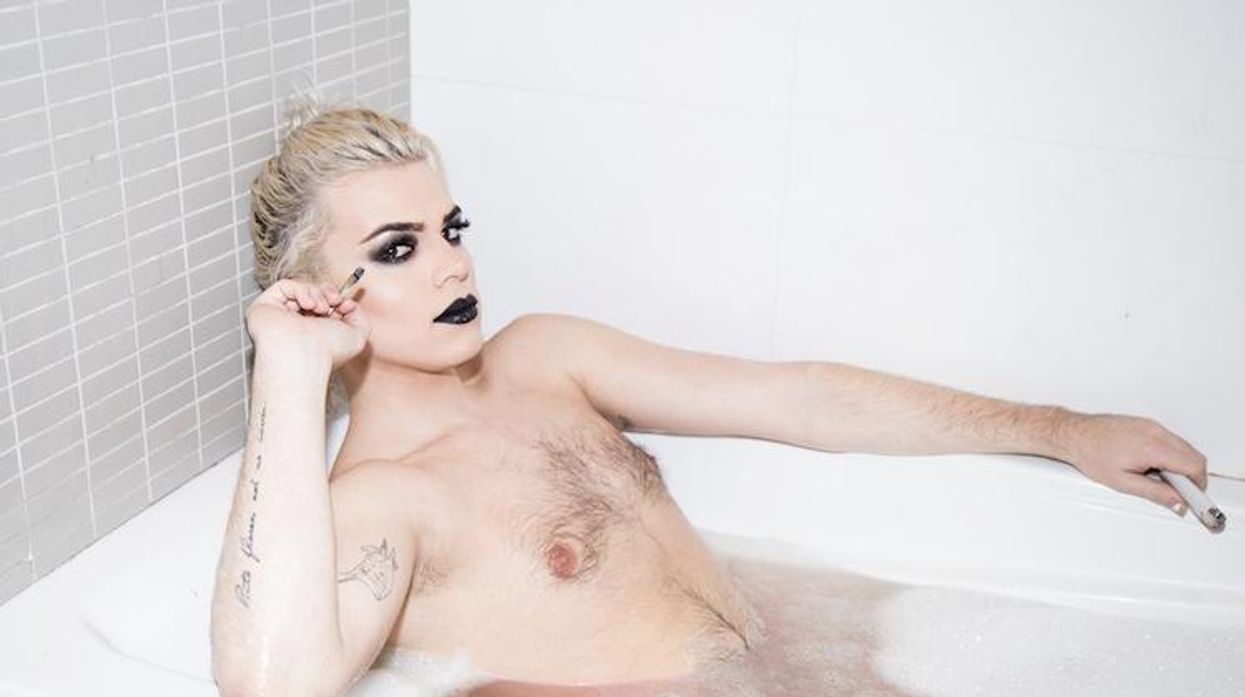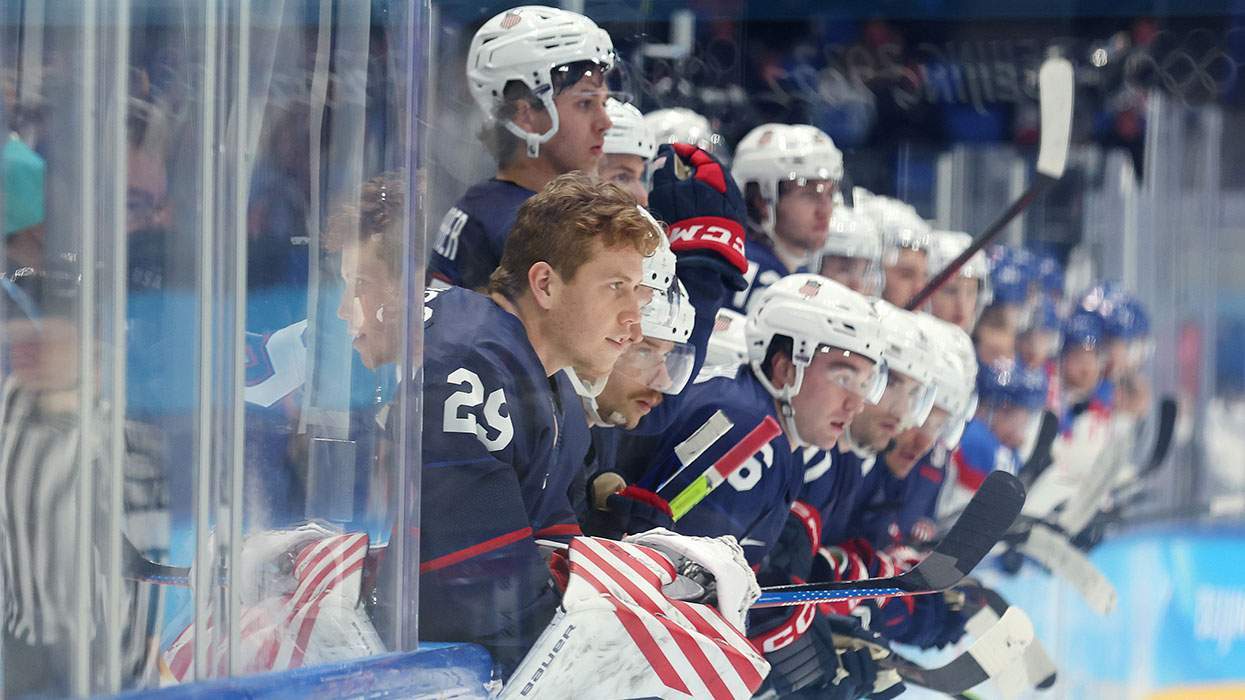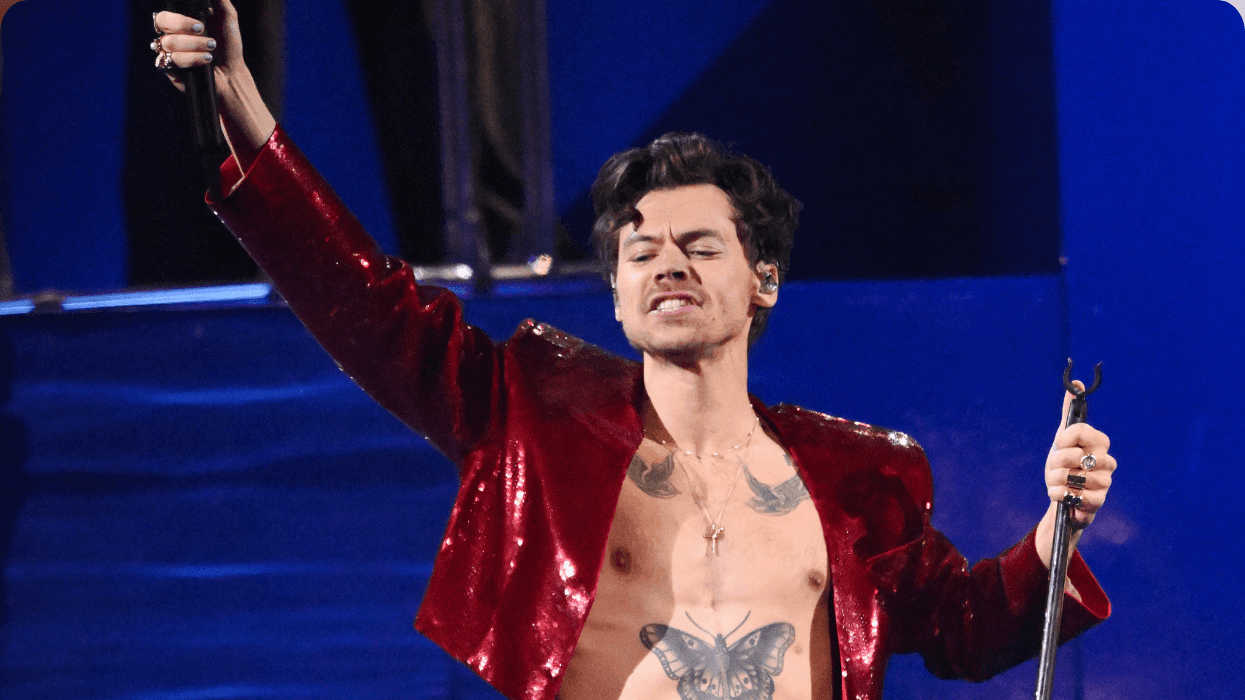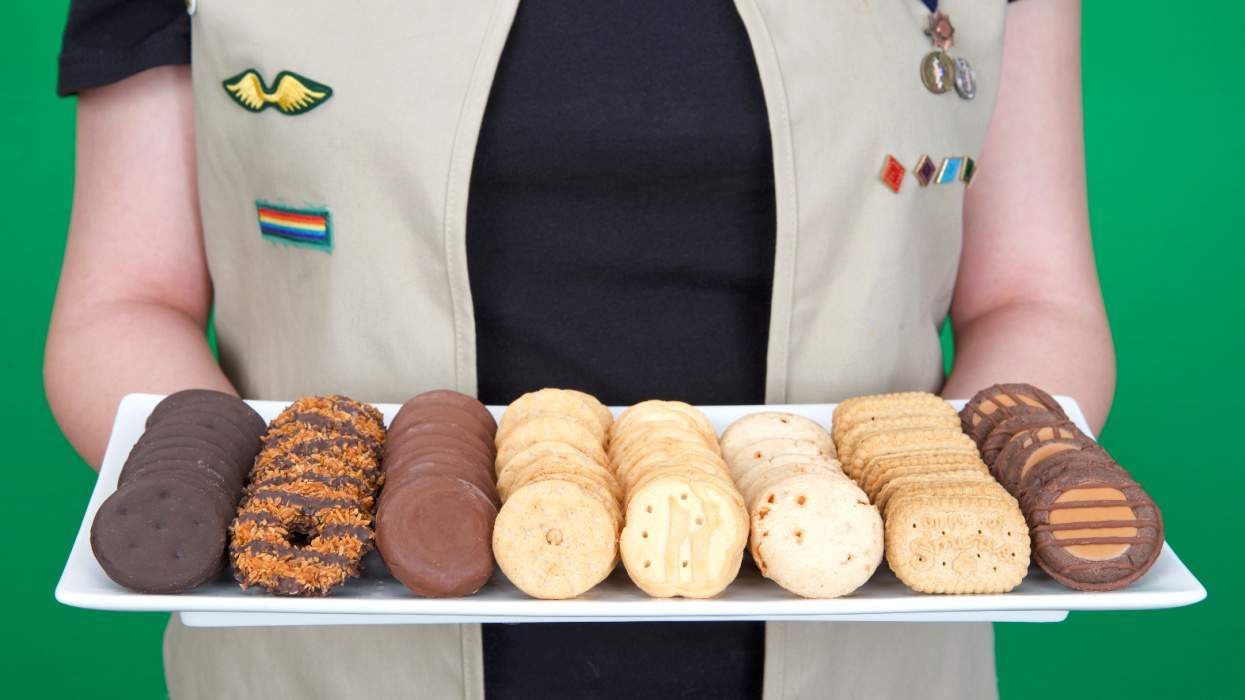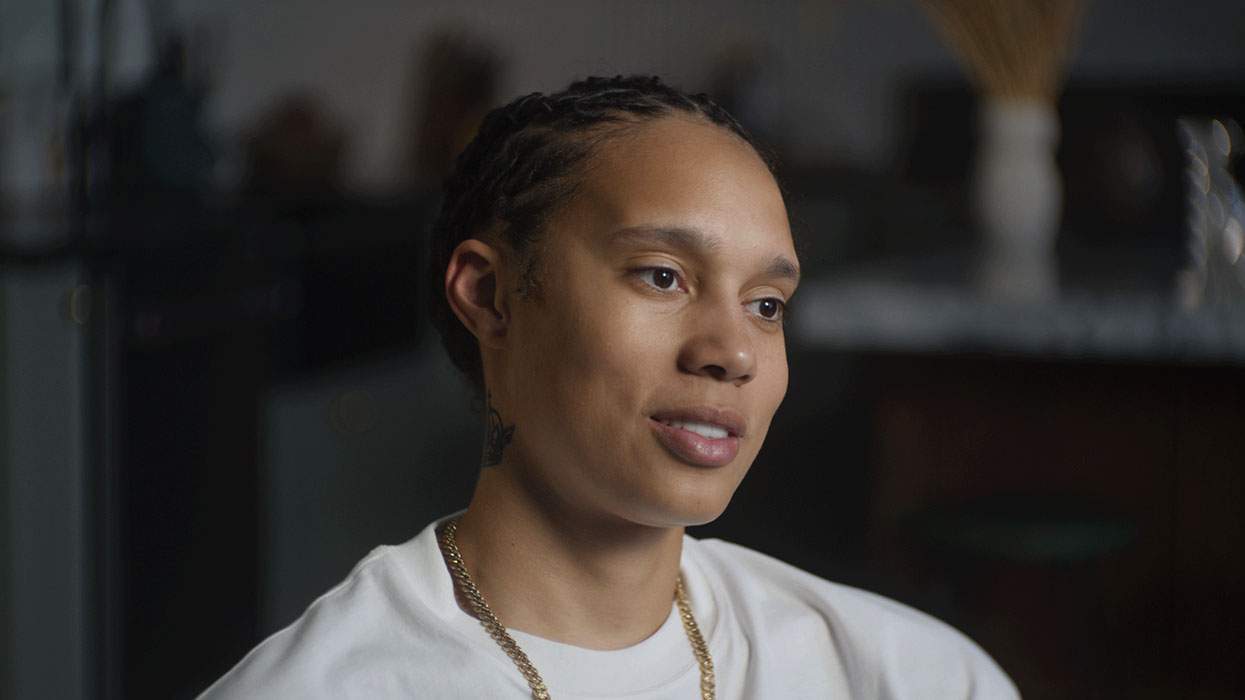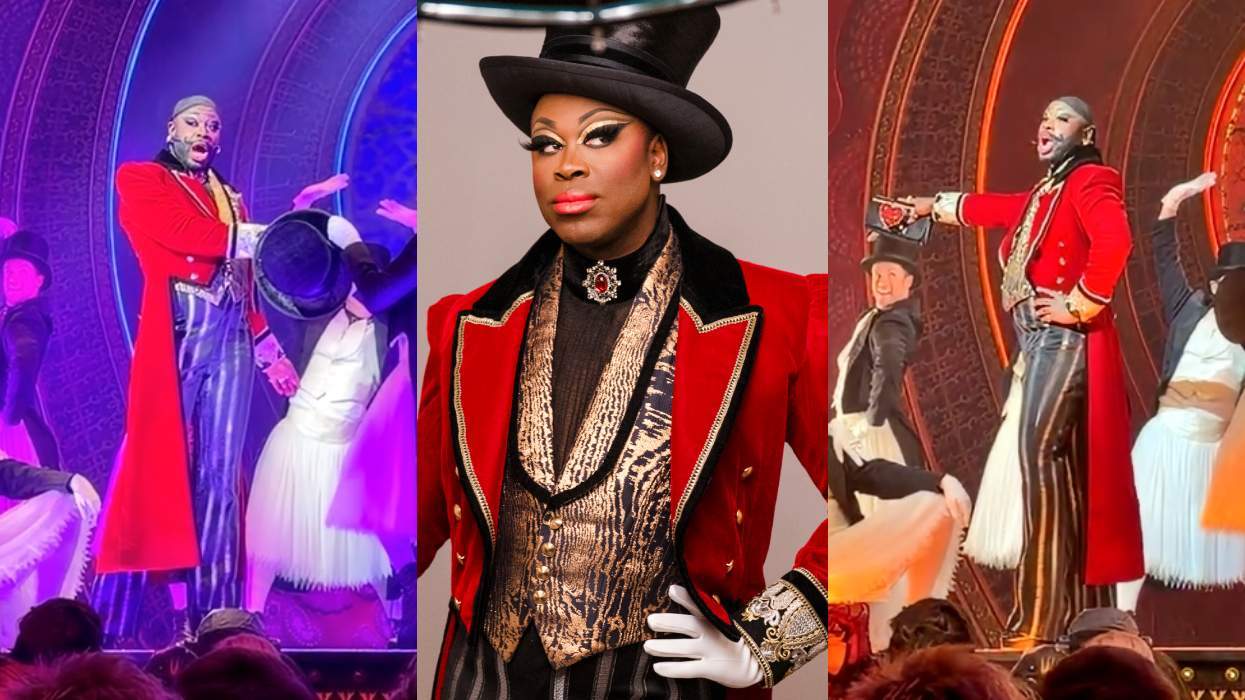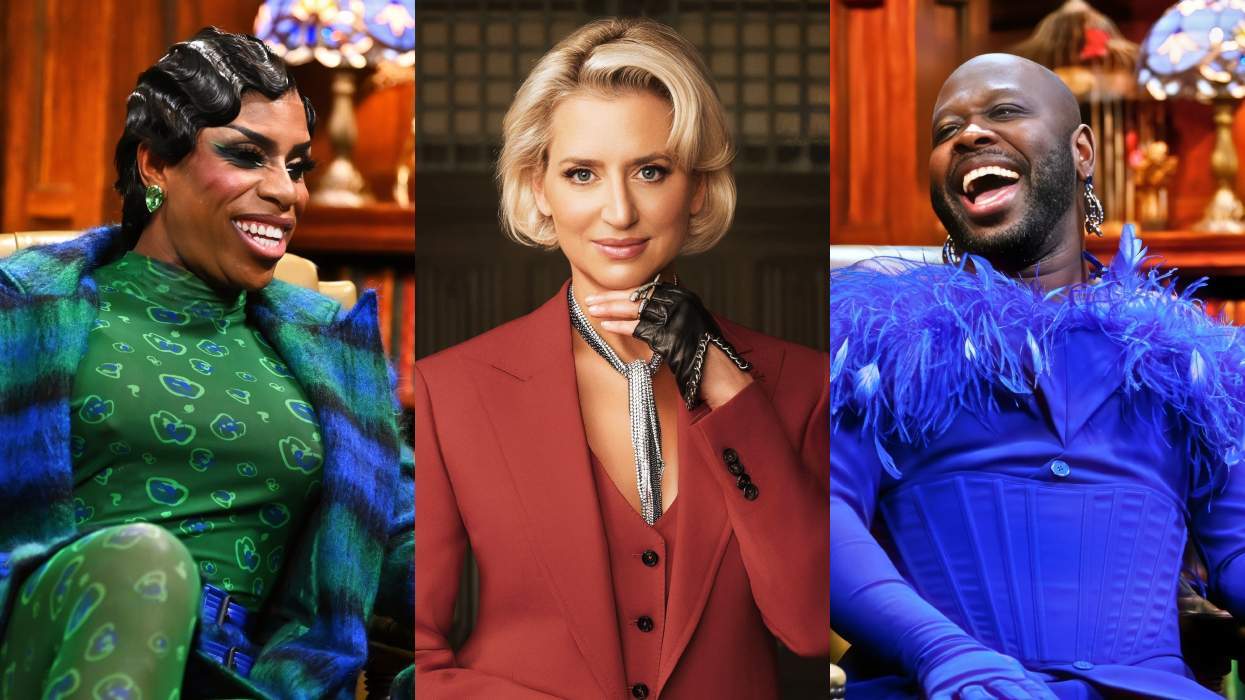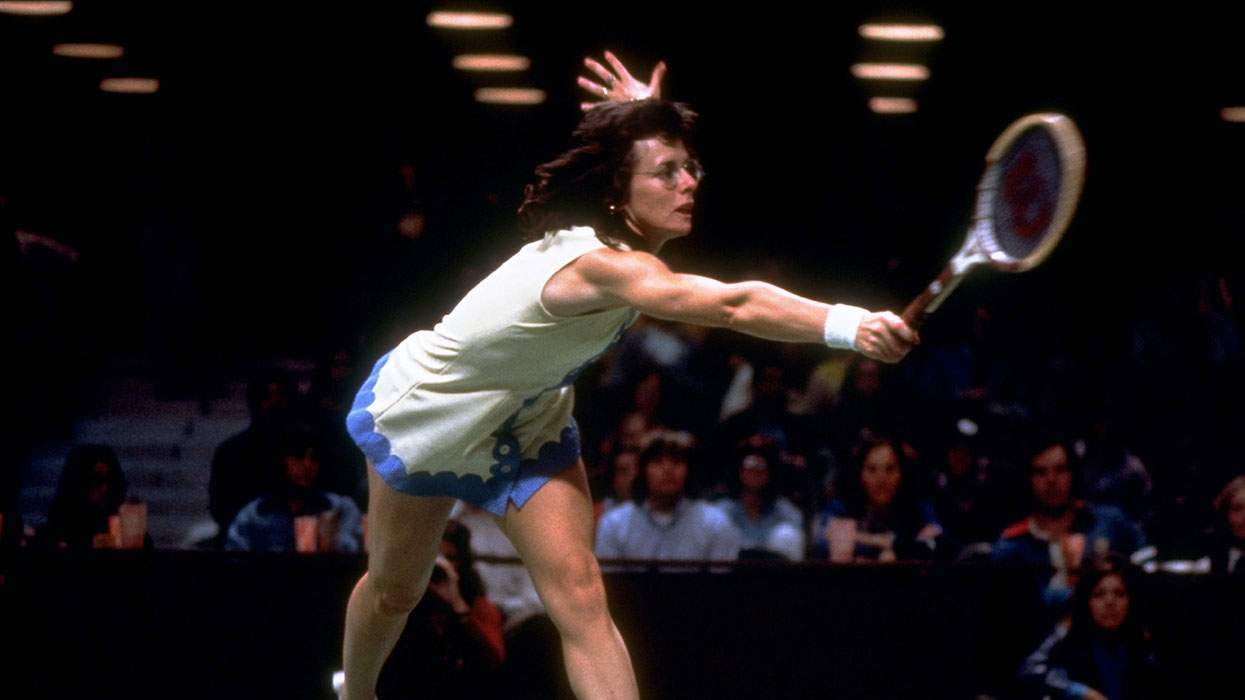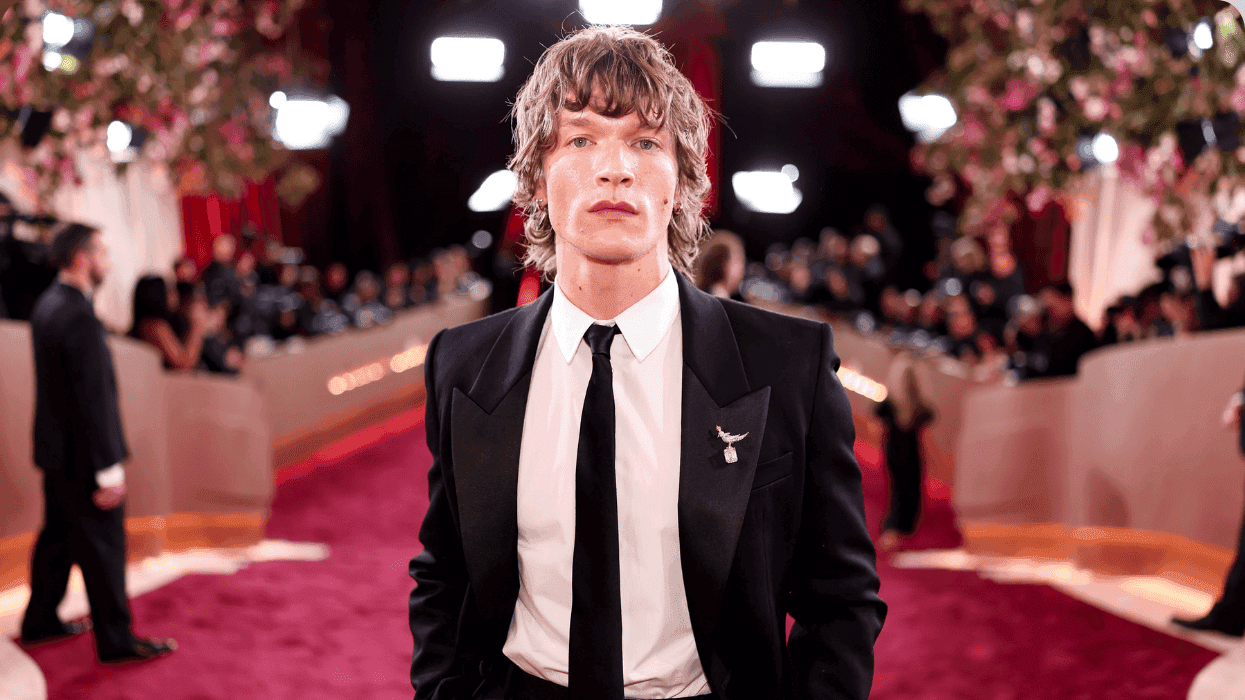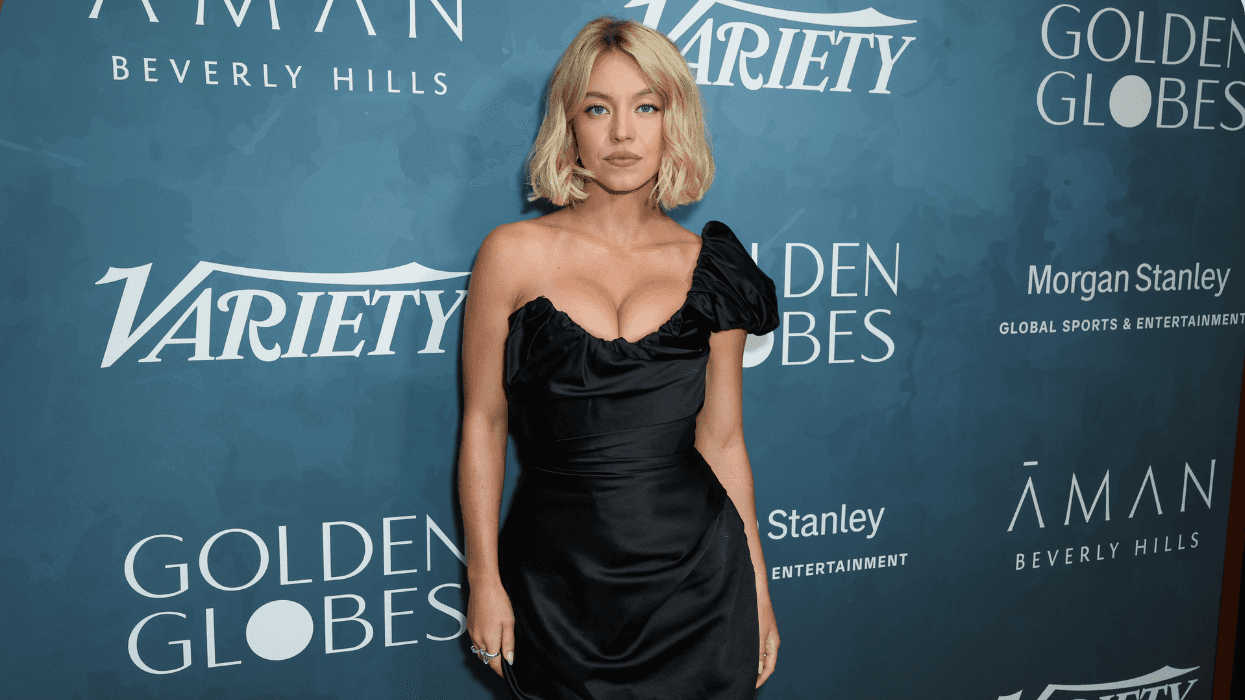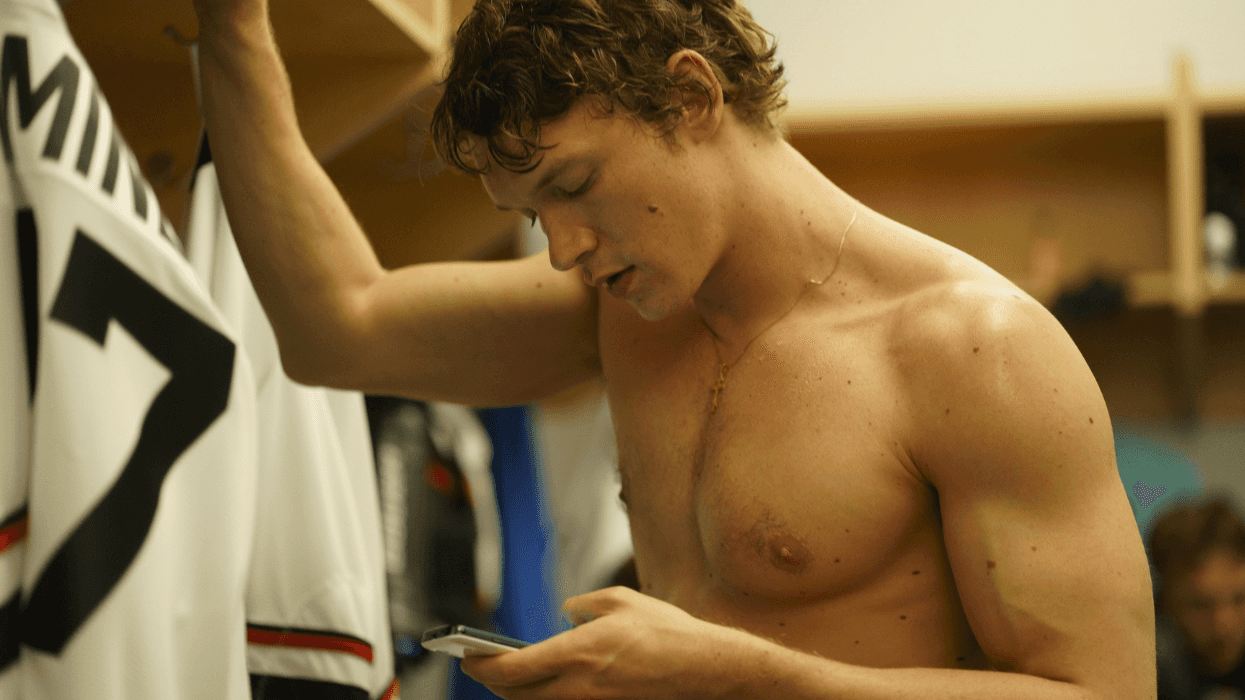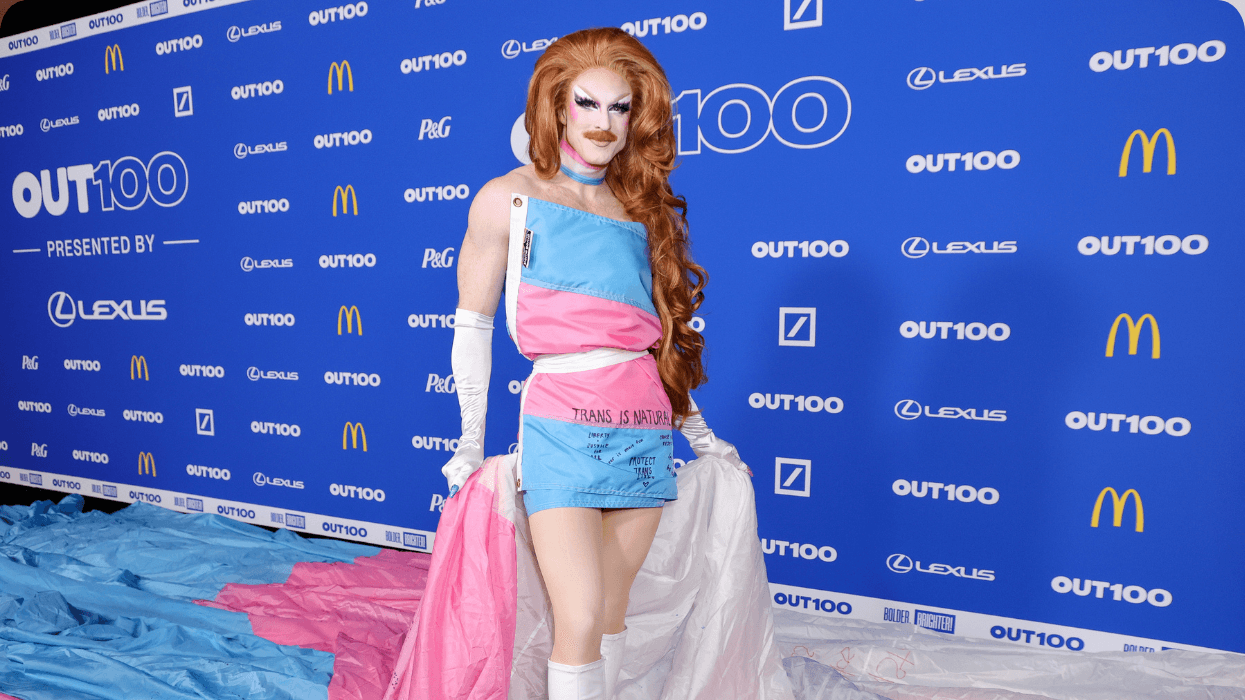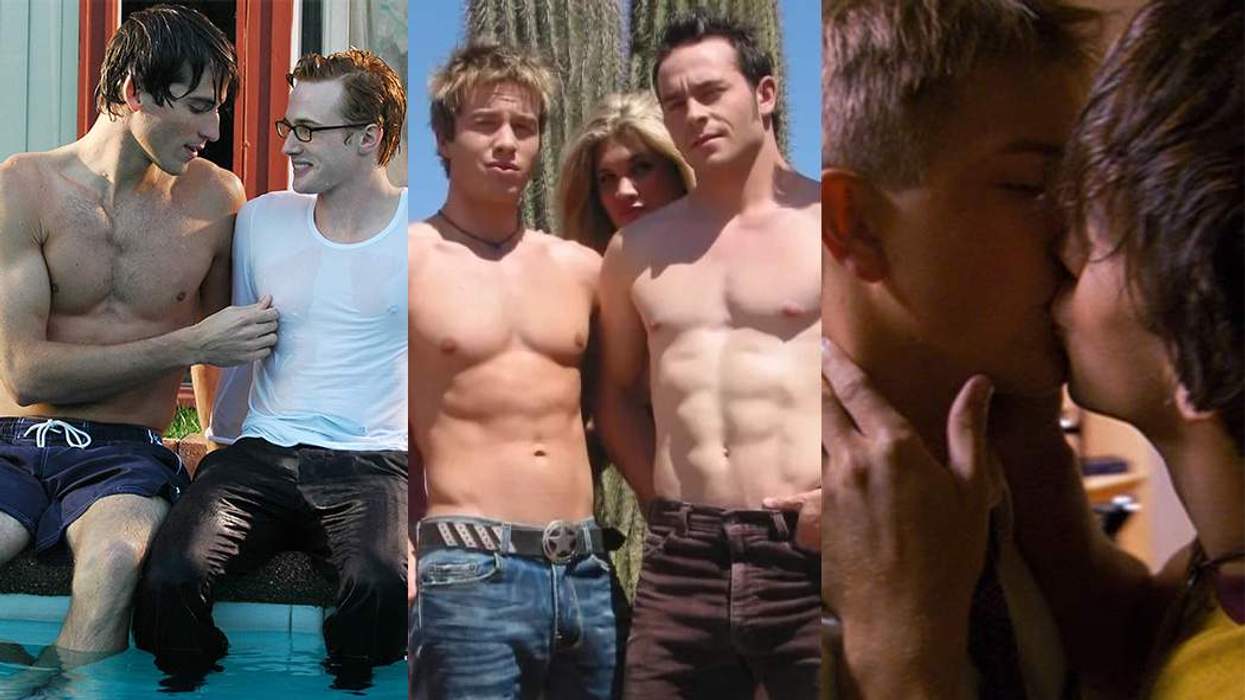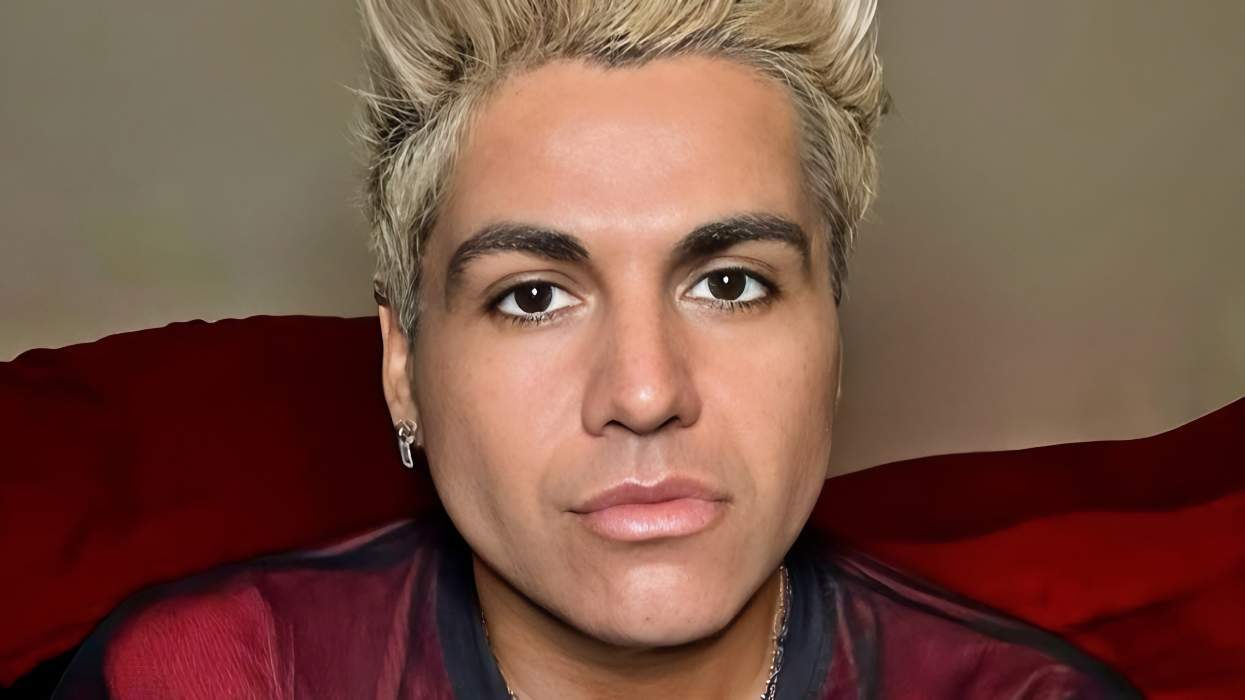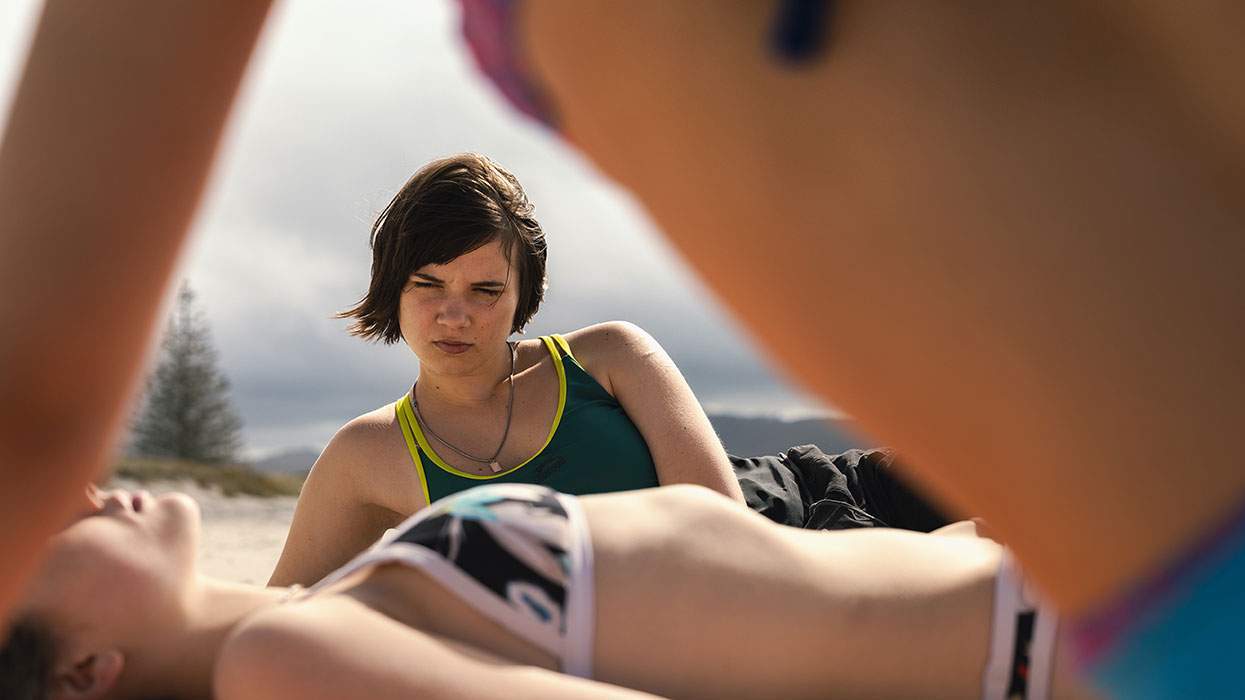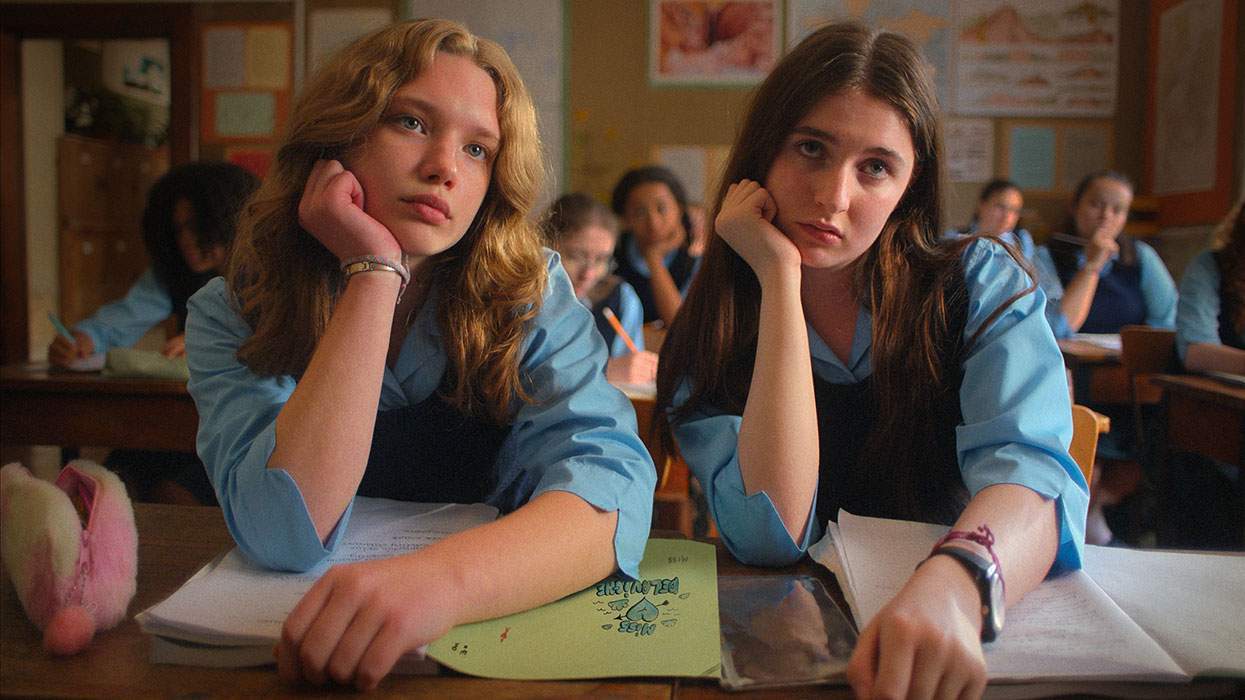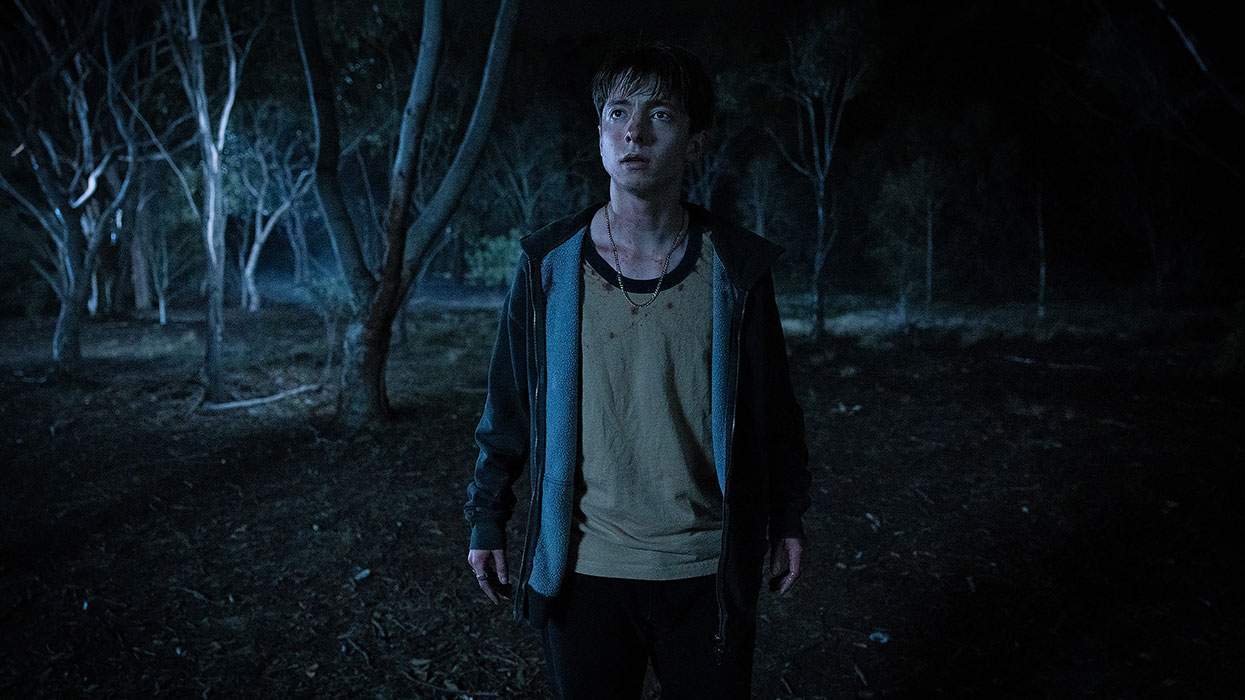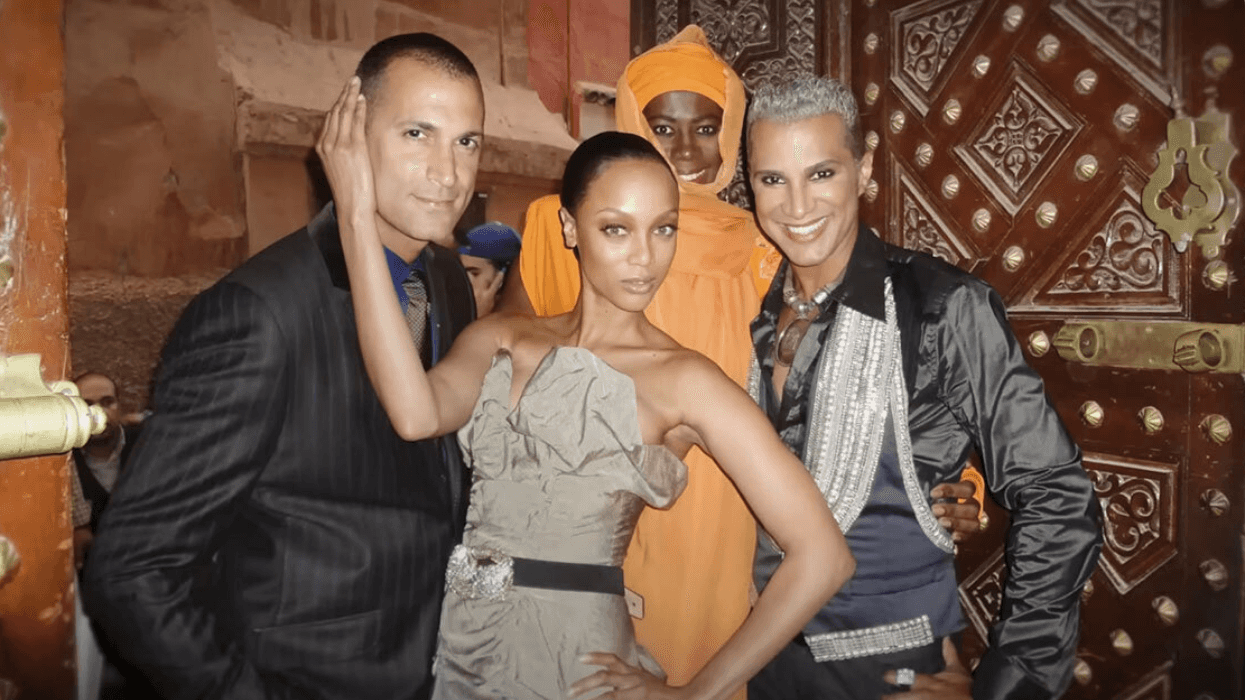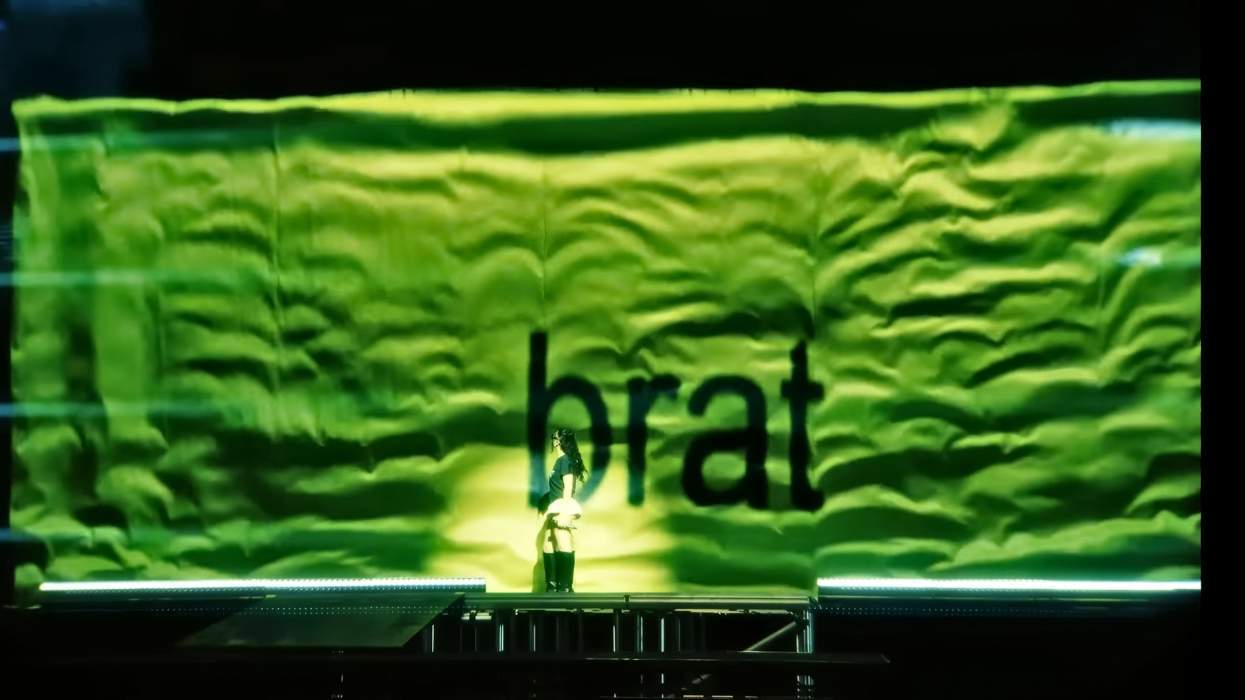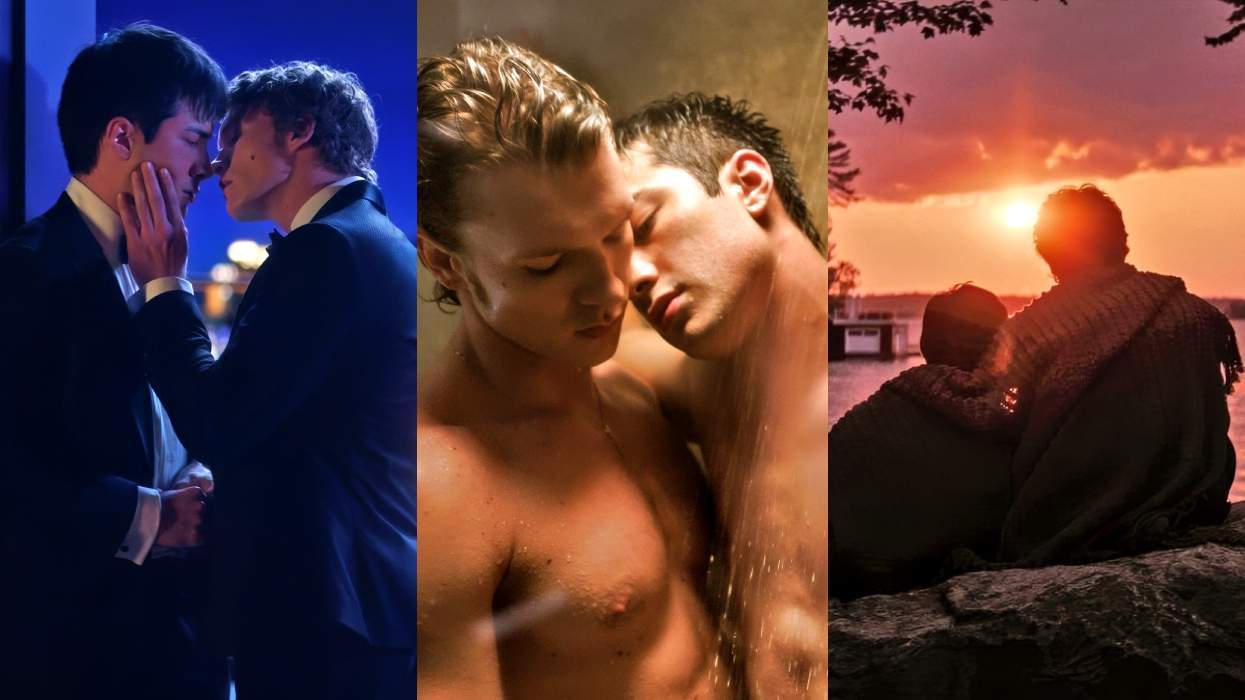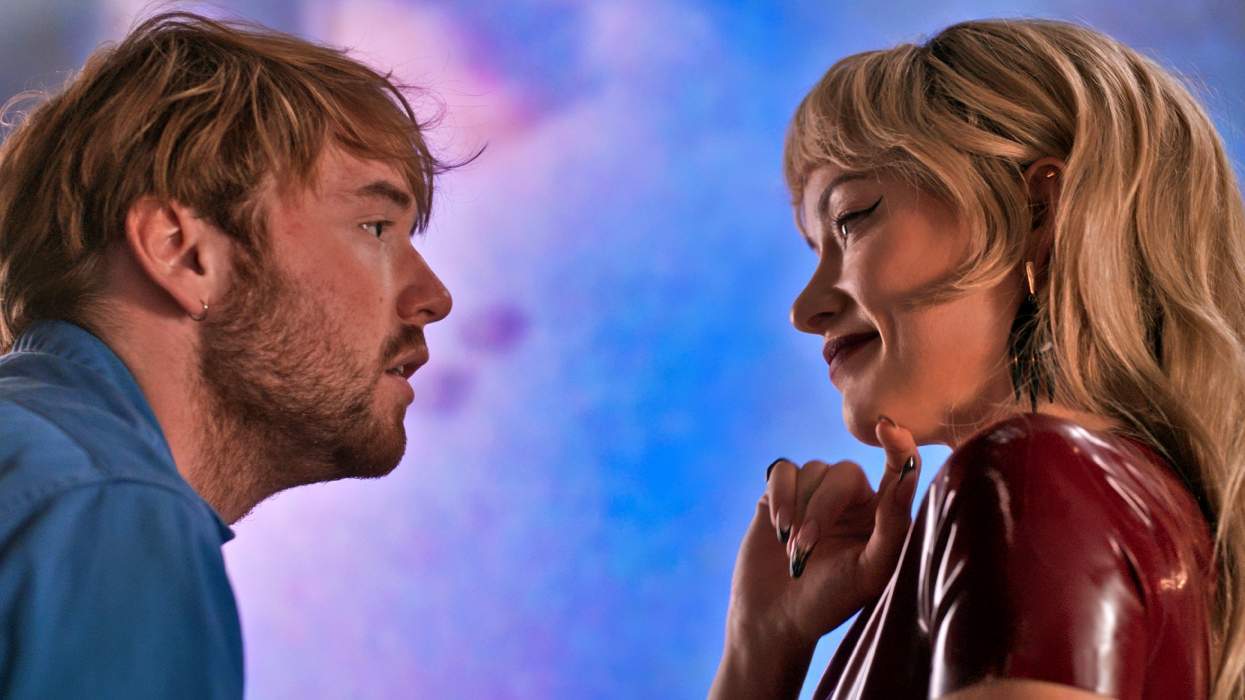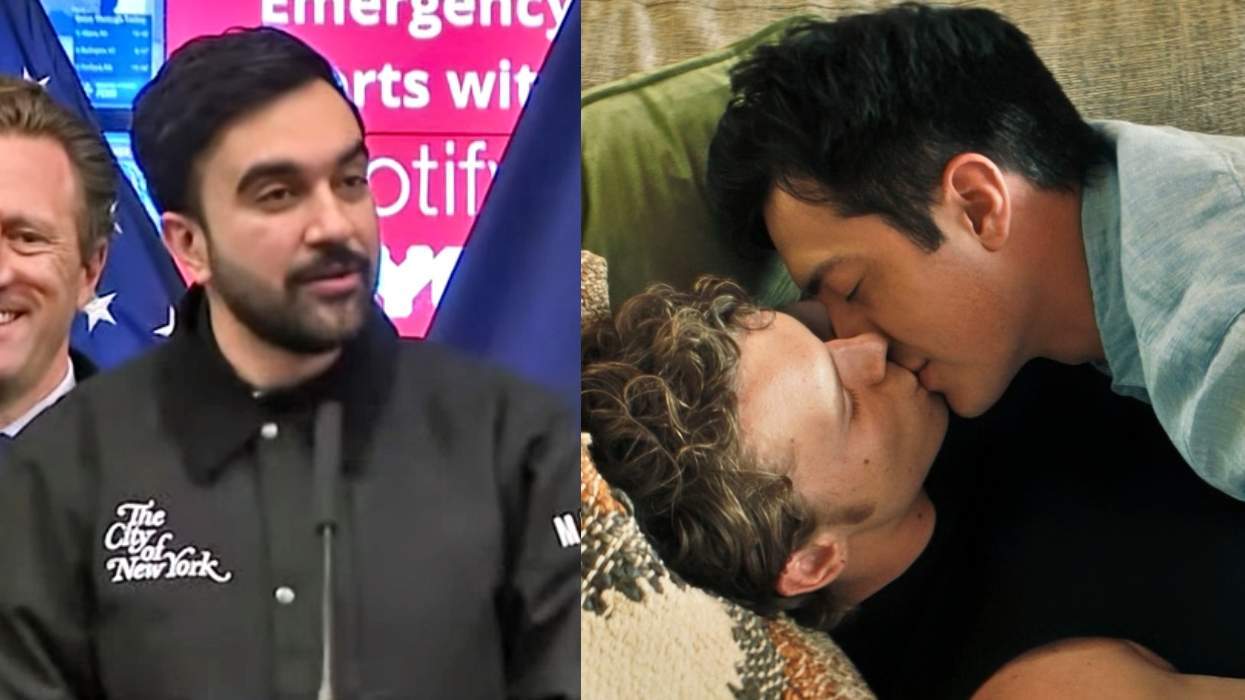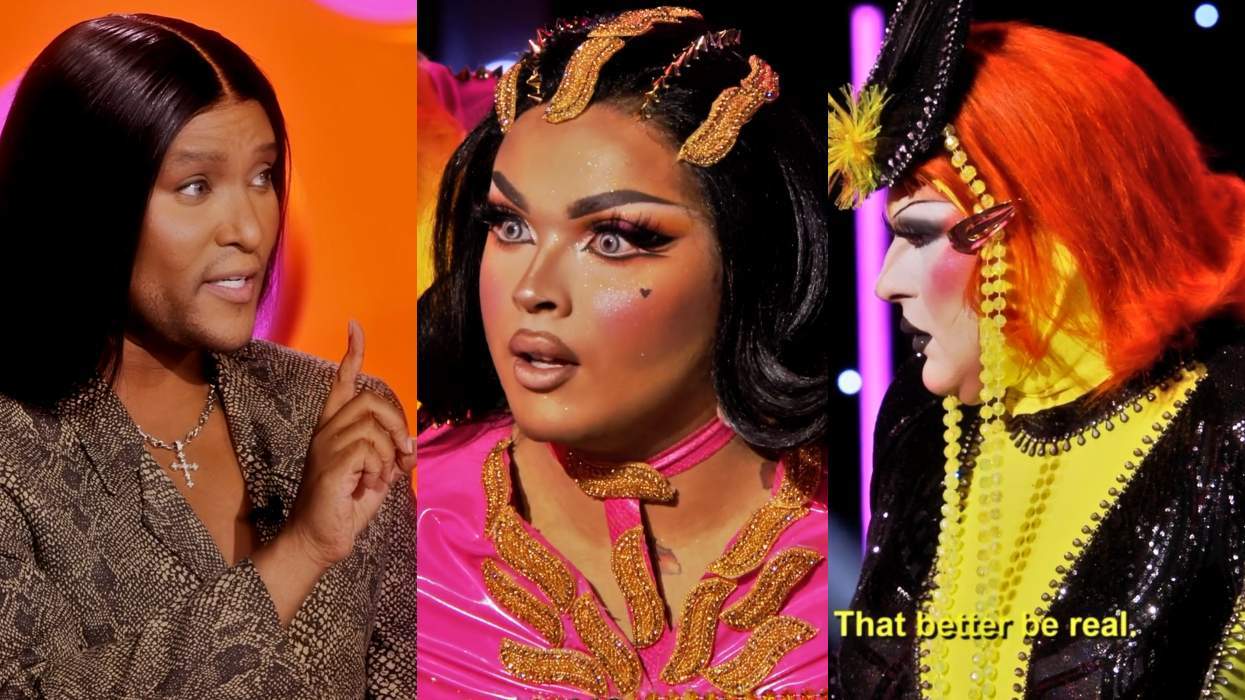Slater G. String is no Rachel Ray. In the pilot of his queer vegan cooking show, Slater opens by lipsynching stoned to Tila Tequila's "I Love You," wearing a black corset, thong and full mug, before eventually making a potato leek soup from scratch.
The makeup artist's webseries, currently still in production, tackles a range of social issues at once, using food as the centerpiece. Slater empowers genderqueer bodies through his own sexual, femme presentation; he highlights veganism and breaks down the lifestyle in a way that's at once approachable and accessible; and he addresses pressing LGBTQ topics, from masturbation to community, through candid commentary.
"I like cooking for people a lot, and I think it's important people do that for each other, especially in the queer community," Slater says in the pilot. "A lot of people, because of their marginalization, don't have a lot of money. Cooking for people, it shows you care, and it might feed them for the day."
Slater's webseries, created with producer Arthur Kay Singleton, is currently crowdsourcing funds on Patreon with a goal of $118 per episode. OUT caught up with the 24-year-old Brooklyn artist to learn more about his inclusive, intersectional show for queer foodies alike.
OUT: What is the concept of this show?
Slater G. String: Food culture is one of the few things that connects us all as humans regardless of the identities constructed to label and separate us. Food brings people together, and talking about food lends itself to talking about other important issues. We want our peers to learn basic cooking techniques, how to use their kitchens effectively and we want to show them that vegan food doesn't have to be complicated or expensive. Knowing how to cook for ourselves allows us to retain some autonomy over our bodies in a society where so much is socially constructed, predetermined, and expected of us.
Beyond food, how do you want this series to impact viewers?
We want our audience to be conscious of what they're putting in their bodies, and the impact they have on communities (human and non-human) surrounding them. The show, in addition to demonstrating the preparation of a low-cost vegan recipe, will feature a breadth of local Brooklyn artists talking about a variety of issues related to race, gender, sexual orientation, class, nationality, disability and food politics based on their lived experiences. Topics currently in consideration include the estrogen shortage, living in a metropolitan area with a disability and queer parenting.
Your show is really an intersection of entertainment, LGBTQ politics and lifestyle...
We want this webseries to be relatable and informational above anything else. And in order to do that we believe that we must cook as honestly as possible. I normally cook surrounded by friends, smoking weed, in little to no clothing. In order to rebrand veganism, we must emphasize that it is accessible to everyone, and I'm hoping that in our authenticity every viewer will be able to find a characteristic or belief or experience with which they can relate or empathize.
Why veganism?
Veganism is a lifestyle, a way of interacting with our bodies--not a diet. We don't believe in shaming ourselves or others for their choices because everyone is on their own journey, and we understand that access to resources and the free time to learn how to cook are privileges. Rather, we want to make sure our viewers who have the privilege to choose what they put in their body have the knowledge to examine what is best and more realistic for themselves and the environment at any given time.
When did you first get interested in cooking?
I have always felt that queerness and animal rights went hand-in-hand. I first became a vegetarian when I was 13, before I even admitted to myself that I was gay and long before I told anyone else. I think having to suppress my queerness made me more empathetic to other sentient things. It was after working at a restaurant in Greenwich Village that I decided to take the plunge from vegetariansim to veganism--I saw everything behind the scenes and it wasn't pretty. It made me realize that I really didn't know a lot about where most of my food came from. I realized that the only practical way to be vegan is either to have a lot of money or to know how to cook, so I taught myself how to cook. For a short period I worked at a vegan cheese shop, and up until he moved away I worked at vegan pop-ups under my friend, chef Timothy Pakron.
What's the process for fundraising?
We are using Patreon to raise money for our webseries. We knew we wanted to crowdfund because we want to retain creative control, but our first attempt was unsuccessful. We asked for $13,000 to fully fund a 10 episode season, and while we had over 100 backers pledge to support us, it was not enough. The reality is that the people we are making the show for--young, low-income queer folks like ourselves--don't have much extra money lying around. Patreon works like any subscription service (Netflix, Spotify), but instead of withdrawing money from your account once a month, it will withdraw the amount you pledge when we post an episode. We will never charge for more than two episodes a month.


